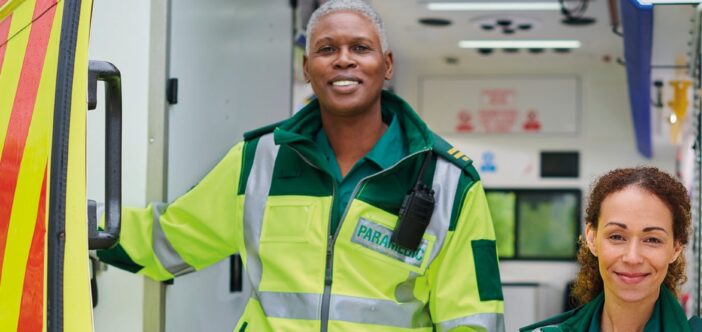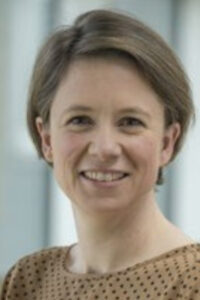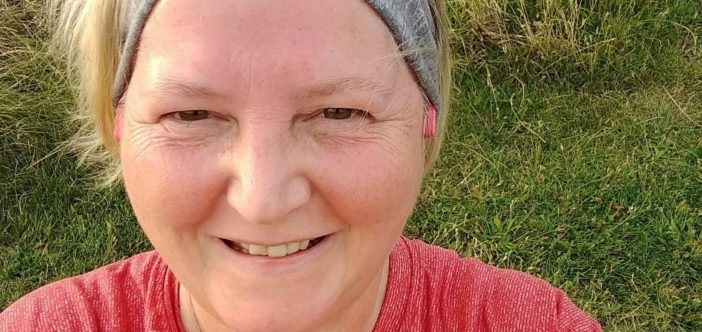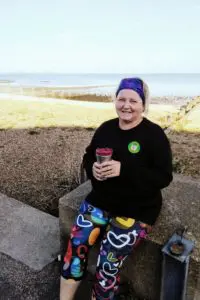Helping to shape ambulance services for people in the last year of life

Pilgrims Hospices is collaborating with a research team at the University of Southampton, the University of the West of England and South East Coast Ambulance Service NHS Foundation Trust to invite people who have had experiences of ambulance callouts to learn about their views and help shape ambulance services in the future.
The research, called the ParAid Study and funded by Marie Curie, is evaluating how different ways of delivering services influence paramedic practice and experiences of individuals at end-of-life.
Paramedics are often important to patients in the last year of life (end- of-life). We know that 999 calls are increasing for individuals and their families at end-of-life, which may be because services in the community are under pressure e.g. those provided by family doctors and community nurses.
Little wide-scale research has been carried out to understand the contribution played by paramedics in these situations and how this might be improved.
From practice, it is known that paramedics attending patients at end-of-life face complex issues, such as:
- Not knowing the patient or their family
- Lack of availability of patient history
- Fear of doing wrong
- Issues with family conflict
- A lack of healthcare professionals to handover to out-of-hours, if the patient is to remain at home.
These issues can mean people are admitted to hospital when circumstances mean they could be cared for at home.

Dr Natasha Campling (Associate Professor, School of Health Sciences, University of Southampton), who is leading the research, said:
“We have already carried out a large-scale survey of paramedics throughout England to understand their professional practice and what factors influence this, and are now conducting in-depth case studies (collecting information from patients, carers and healthcare professionals) to examine different ways of delivering services. It is important to evaluate ambulance service delivery and understand how the best parts of service provision can be incorporated into other services to improve the quality of care and support provided to patients and their families during this crucial period of time. This may prevent unnecessary hospital admissions at end-of-life, which often leads to people dying in hospital.”
If you have had an ambulance callout in recent months, are aged 18+, living in your own home, in the last year of life, or a current or bereaved carer for someone in this situation, you may be eligible to take part in a one-off interview about your experience. A £25 voucher will be offered to those who take part.
If you are interested in taking part, please contact the Research team (and see the study poster for further information):
Email: [email protected]
Telephone: 02380 599 231
Online form: forms.office.com/e/adbmHDSc1b
Thank you,
ParAid study team


